20 Unbelievable Oscar Snubs
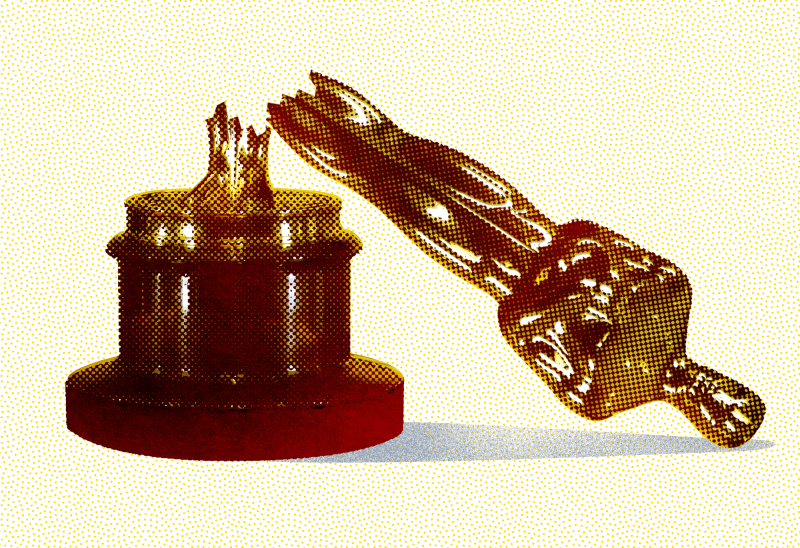
Photo Source: Gawker
For over nine decades, Hollywood’s most glamorous night celebrating the year’s greatest achievements in cinema hasn’t been without a lengthy reel of snubs. Among the most beloved films in history, there are a variety of surprising omissions that may very well shock you. Movies and directors you would think are untouchable and timeless ended up collecting a grand total of zero golden statuettes. Let’s take a deeper look at the 20 biggest Oscar snubs in history!
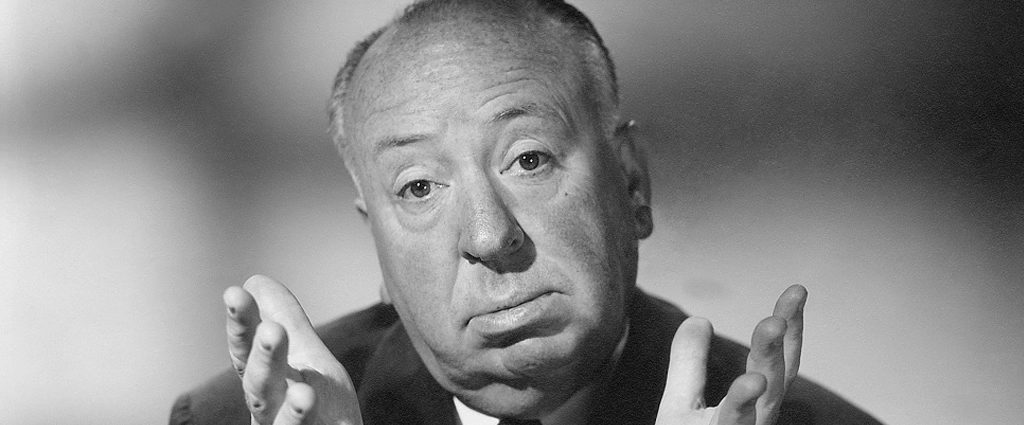
Photo Source: Nerdist
1.) Alfred Hitchcock. (Snub: Best Director)
Where would our fears be without the deft hand of legendary director Alfred Hitchcock? The British master of suspense started out with the 1929 film Blackmail widely considered the first “Talkie,” in England. The British-trained engineer found a penchant for sculpting captivating motion pictures. He headed to the Great West in 1939 after directing such classics as, well, The Man Who Knew Too Much and 39 Steps. Not a bad start, Fred. Not bad at all.
Once Hitchcock made the journey to the new world, he hit the ground running with his American film (and Best Picture-winner) Rebecca and began the long journey of winning zero Best Director Oscars over his storied career. In his massive filmography, Hitchcock ruined showers for us in Psycho, birds for us in The Birds, and heights were already ruined for us, but he made Vertigo anyway. You cruel, cruel genius. His film, Rear Window gripped audiences, and North By Northwest… well, you get the picture. Hitchcock is a legendary director snubbed by the Oscars, and as worthy as any director of one… or 10 Best Director Awards. (Deep breath) We’re going to have to take a break after that.
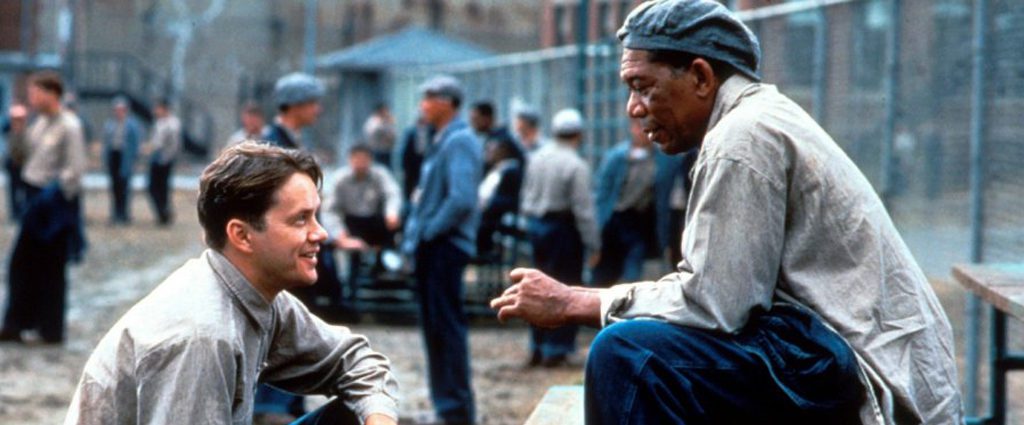
Photo Source: THR
2.)Shawshank Redemption (Snub: Best Picture)
Click on over to IMDb and take a look at their venerable Top 250 Films of all-time list. No, no, no, you don’t need to scroll down all of them, because the next entry on our list has been riding high on the top stop for years. Years. Shawshank, as the kids call it, was directed by The Walking Dead co-creator Frank Darabont, and released in 1994 to universal acclaim from both critics and audiences alike. Weighing in at 142 minutes, the film chronicles the journey of two imprisoned men, one a wrongly convicted banker, the other a long-term inmate, as they learn more about one another and cultivate a friendship over their years spent together in confinement. The film’s tagline, ‘Fear can hold you prisoner. Hope can set you free’ ultimately set the film free from winning the Best Picture award that year, losing out to Forrest Gump, a film that is apparently about a box of chocolates.
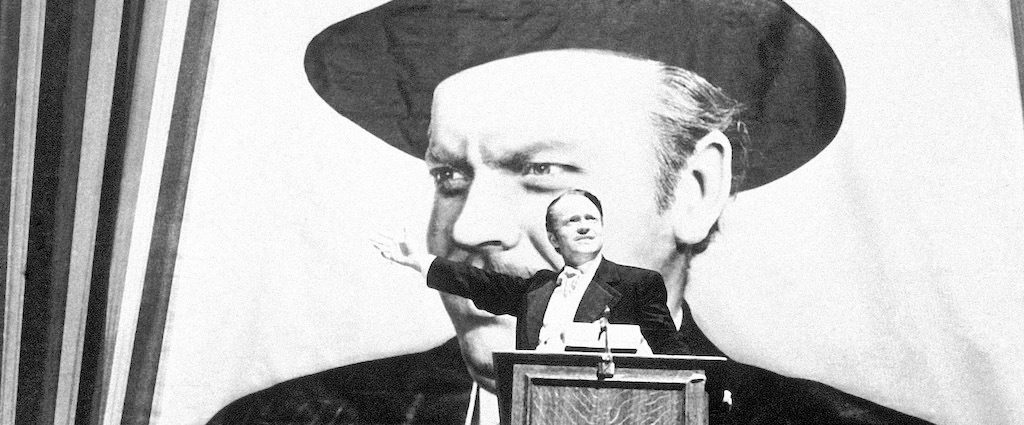
3.) Citizen… oh, no. Citizen Kane (Snub: Best Picture)
This is getting gloomy. Citizen Kane is a film so good that it has become a descriptive device when compared to modern critically acclaimed films. To give you a few examples, The Dark Knight is the Citizen Kane of comic book movies. Shaun of the Dead is the Citizen Kane of romantic horror movies. Nobody said that last one, actually.
Directed by Orson Welles, Citizen Kane stunned audiences to silence when it arrived in theatres in 1941. The film post-humously chronicles the life of a publishing tycoon, and illustrates a beautiful and sometimes tragic picture of both the allure and corrosive nature of power. The beauty of the film is in how relatable the situations are, and how in the end, fame and money are no replacement for happiness and love. Unfortunately, it is also no replacement for a Best Picture Oscar. The film lost out to How Green Was My Valley.
How green was your valley? Pretty green. Apparently. (Whispering) Rosebud.
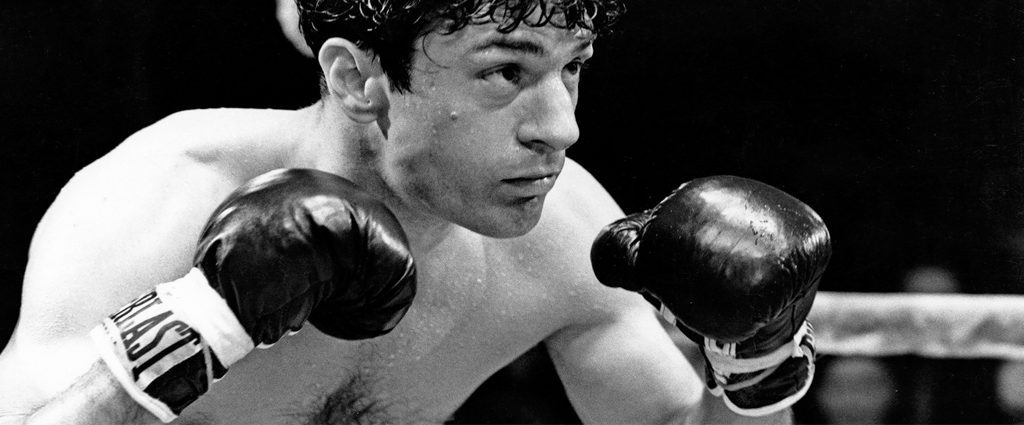
Photo Source: The New York Times
4.) Raging Bull (Snub: Best Picture)
What do Martin Scorcese, boxing and Robert De Niro have in common? Definitely not a Best Picture Oscar. Raging Bull was released in 1981, and dazzled audiences with brutally honest performances by Robert De Niro, Kathy Moriarty and Joe Pesci (who, by the way, was exceptional… in the Home Alone series). An adaptation of the life of Jake LaMotta (played by De Niro), the movie showcases how meteoric success in the boxing ring can have the side effect of crippling a fighter’s personal life and relationships. While De Niro threw the Academy a killer right hook and nabbed the Best Actor Oscar, the film lost out on its dreams of being a Best Picture winner. The film it lost to? Ordinary People… Come on, this is getting ridiculous.
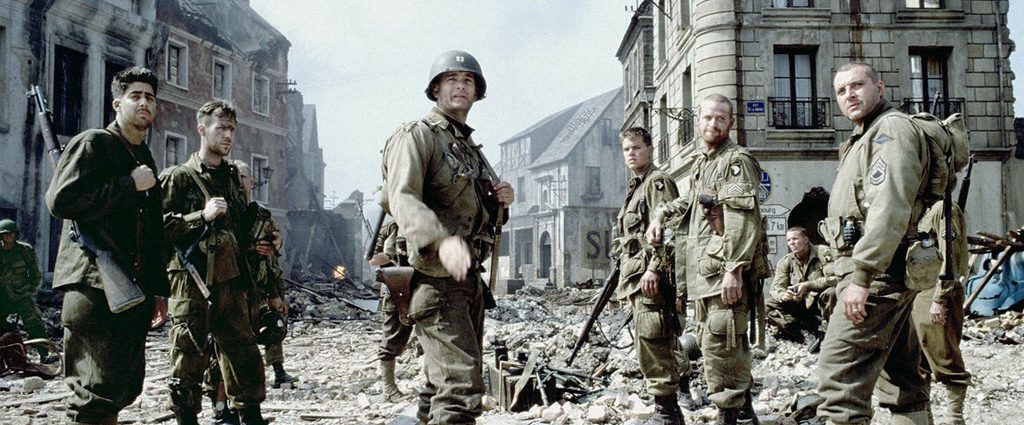
Photo Source: Cinapse
5.) Saving. Private. Ryan. (Snub: Best Picture)
The Normandy beach scene. Shell-shocked troops gathering in masses under heavy fire from the Axis powers. An unforgettable journey into the memories of a military veteran visiting the graves of his fellow heroes. Saving Private Ryan is widely considered one of the best war movies of all-time, and there’s good reason for that. Directed by Steven Spielberg, the film pulls no punches detailing the horrors of war, and lead actor Tom Hanks delivers one of the greatest performances of his career as even-keeled Captain Miller. If you haven’t seen it, see it. It is an important film.
However, it is not quite as important to the Academy as John Madden’s Shakespeare in Love, a fictional depiction of William Shakespeare suffering from a distinct lack of Steven Spielberg and Tom Hanks. Great costume design, though.
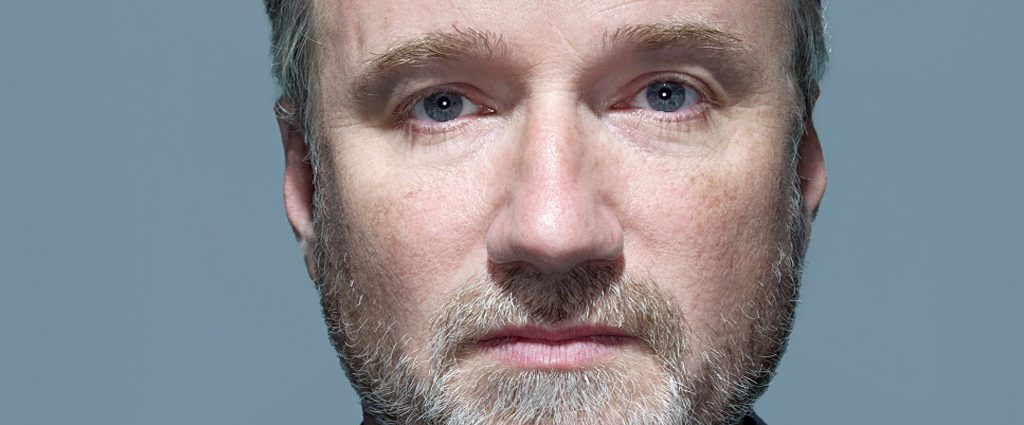
Photo Source: Nerdist
6.) David Fincher (Snub: Best Director)
Born in Colorado in 1962, David Fincher came down from the Rockies to create some of the most memorable films of all-time. After starting out by directing music videos in the ’80s for artists like Madonna and Sting, Fincher’s debut film was helming Alien 3, a massive undertaking for the young filmmaker, who somehow survived attacks by xenomorphs and critics alike. In 1995, he directed Se7en, a dark thriller that peers into the mind of a serial killer brewing a grotesque master plan. In 1997, he helmed The Game, starring Michael Douglas a rich man… celebrating… his birthday? Trying. To avoid. Spoilers. In 1999, he directed the film Fight Club, a visual and storytelling masterclass and adaptation of the Chuck Pahlaniuk novel by the same name. Sorry Chuck, we just broke the first rule of Fight Club.
Fincher continued to rack up the hits with Panic Room, Zodiak, The Social Network and Gone Girl. We almost forgot about The Curious Case of Benjamin Button. Another masterpiece! Are you listening, Academy? If you don’t give him a Best Director Oscar, he’ll only make music videos from now on! Hm, well it wouldn’t be the worst thing to happen.
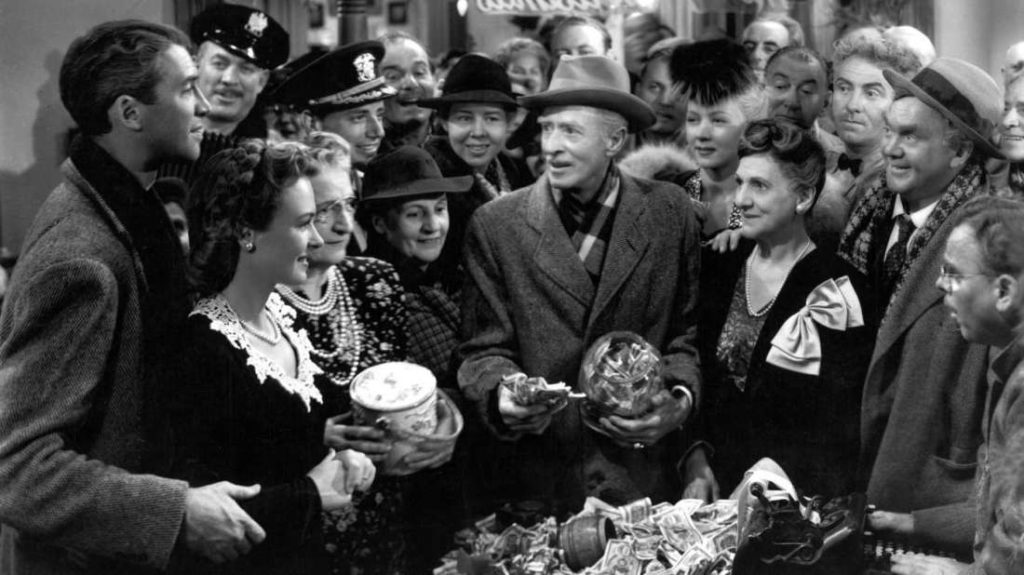
7.) Its a Wonderful Life
A heartfelt tale about family, the meaning and value of life, and the spirit of Christmas, It’s a Wonderful Life had its hopes dashed in the race to the gold. Directed by Frank Capra, whose filmography includes It Happened One Night and Mr. Smith Goes to Washington (both essential viewing) the film tells the story of a George Bailey, played by James Stewart, a businessman who has lost all sight of hope in the world, and is weighed down by the responsibilities and pressures of every day life. George is visited then by a guardian angel, Clarence, played by Henry Travers, who shows George what the world would be like had he never been born. Released in 1946, the film’s message is more true than ever before, and a reminder for all of us to appreciate our lives, and the relationships we form through time. The Academy just basically said, “nah!” that year, and instead decided that it isn’t such a Wonderful Life after all. They wound up giving the gold to “The Best Years of our Lives,” instead. Clarence, come back on down!
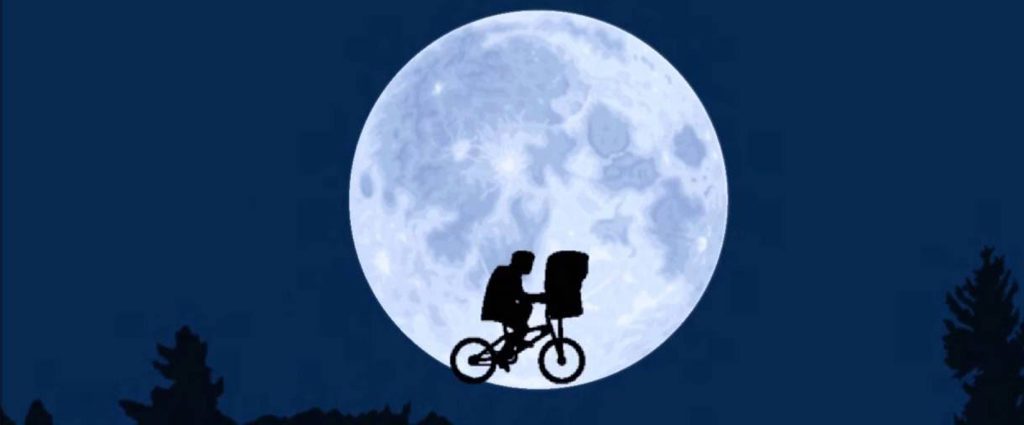
Photo Source: YouTube
8.) E.T. The Extraterrestrial (Snub: Anything)
Special effects breakthroughs? Check. Incredible child performances? Check. Excellent direction, music, writing, editing and cinematography? Check, check, check, check and check. Any Oscar wins? No checks. E.T. The Extraterrestrial, or E.T., is the 1982 story of Elliott (played by Haunting of Hill House actor Henry Thomas), who befriends an incredibly homely looking alien he names E.T. Directed by Steven Spielberg, the film’s memorable sequences are innumerable, just like the number of Oscars it brought… home, that year. We would give you all the Oscars if you’d do that thing where your finger lights up again, E.T.
E.T. is and forever will be America’s Sweetheart.
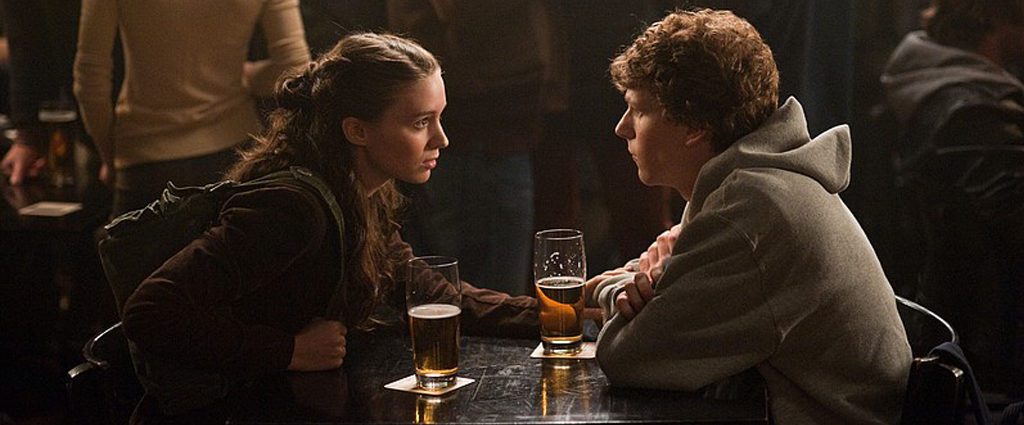
Photo Source: KPBS
9.) The Social Network (Snub: Best Picture)
Oh look, we’re talking about a David Fincher movie again. The Social Network was directed by David Fincher, and written by Aaron Sorkin. You would think this would be an automatic in for a Best Picture Oscar, but sadly, you’d be mistaken. The film charts the life of computer genius and fast-talker Mark Zuckerberg (played by Jessie Eisenberg) as he seeks to jumpstart a social revolution that would invariably consume a billion or so of our lives. Poignant, relevant and honest, the film takes a hard look at the cutthroat nature of Silicon Valley, and how there is a story behind every successful tech startup. While the film received an incredible amount of acclaim, its friend request for an Oscar was ultimately ghosted by the Academy.
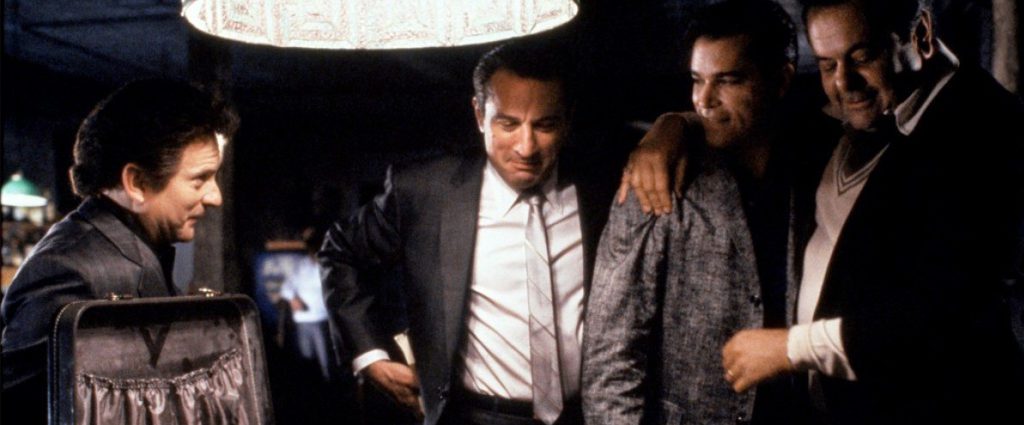
Photo Source: Medium
10.) Goodfellas (Snub: Best Picture)
Should they have named it Greatfellas? Would that have made a difference? The 1991 Oscars were ripe from competition from pre-Waterworld Kevin Costner’s entry into the field, Dances with Wolves. Goodfellas sits at #17 on IMDb’s best movies of all-time. The movie follows the life of young “family man,” Henry Hill, (played by Ray Liotta), as he dives deeper and deeper into the seedy depths of organized crime. Along with Robert De Niro and Joe Pesci (again, if you haven’t seen Home Alone, see it), the movie is a cinematic and editing masterpiece, and makes you wonder: Just what more did the film have to do to make its bones with the Academy?
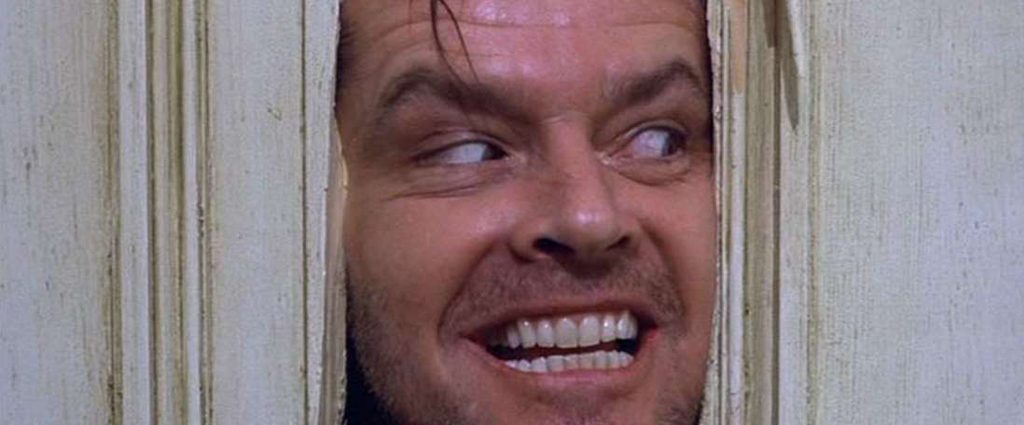
Photo Source: Mental Floss
11.) The Shining (Snub: Best Picture)
Here’s Johnny! Red-Rum! You’ve seen the memes and parodies, you’ve watched the film and heard its creepy score. Stanley Kubrick’s film, The Shining, redefined the very concept of horror in cinema when it swept into theaters in 1980. The film centers on writer Jack Torrance, played by Jack Nicholson, who agrees to look after a giant hotel over the winter off-season. Everything pretty much goes swimmingly up until the film’s unlucky characters start seeing apparitions, and oh yeah, Jack absolutely loses his mind. Scene after scene, the film is iconic. The film’s ominous score speaks to the viewer’s inner demons, and the tangible fear seen in the eyes of the actors (built from Kubrick’s signature ‘scare your actors,’ directing style) wound up audiences to the point of reverence. Well, most audiences. The Shining wasn’t even nominated for a Best Picture Oscar, and lost to Ordinary People.
Red-Rum!
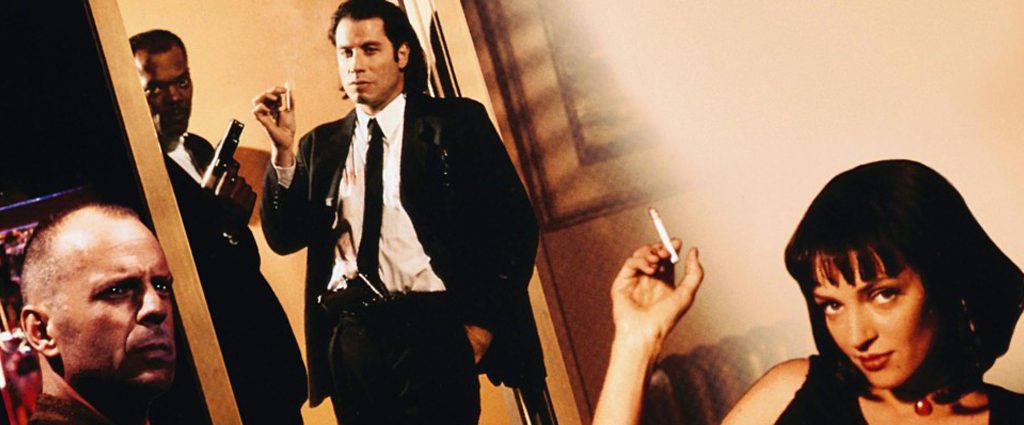
Photo Source: Pulp Fiction
12.) Pulp Fiction (Snub: Best Picture)
Quentin Tarantino has been a household name for a while, and like a Doctor Who time lord, he seems to effortlessly create masterpieces in his wake through time. Few films encapsulate his filmmaking style in quite the same way as 1994’s Pulp Fiction. With an all-star cast of Samuel L. Jackson, John Travolta, Bruce Willis and Uma Thurman, the film is a miraculously coherent hybrid of a mafia, boxing and gangster film all rolled into one somehow also funny package. Unfortunately, the Academy wasn’t interested in Tarantino’s achievement. No, no, they had their eyes set… again, on that box of chocolates known as Forrest Gump.
Jules, read them the passage! (Jules reads the passage from Pulp Fiction).
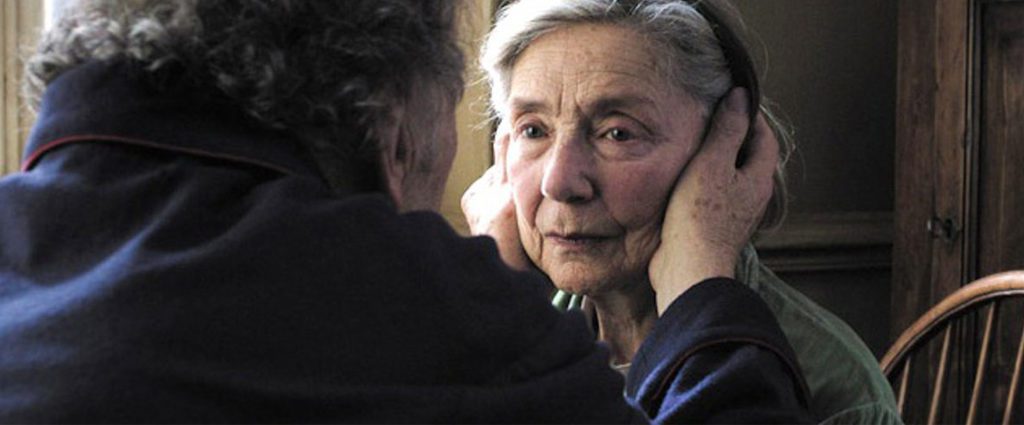
Photo Source: Roger Ebert
13.) Amour (Snub: Best Picture)
Let’s go from funny to incredibly upsetting for a moment as we look at Michael Haneke’s masterwork, Amour. Take the introductory montage in Up, and focus only on the end of that montage, and you’ll have a pretty good idea of what this tragic and beautiful film is about. In essence, it is a celebration of life and true love; A tale of a loving couple test by the twisted cruelty of time, and their efforts to hold onto one another during their final days. The film ultimately lost the Best Picture Oscar to Argo, a self-congratulatory film about film directed by Gigli star and former Batman Ben Affleck.
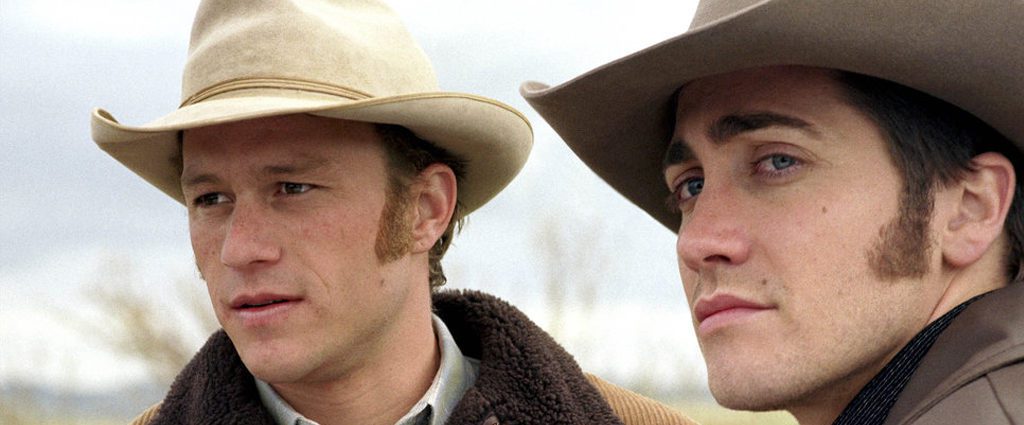
Photo Source: HuffPost
14.) Brokeback Mountain (Snub: Best Picture)
Here we are again, discussing a film about the strength and courage of two people to love one another through it all, despite all odds. Brokeback Mountain arrived in theatres in 2005, and helped to bring to light the bigotry that still exists in our country. The film stars Jake Gyllenhall and the late Heath Ledger as two young sheep hearders in 1963. The two become friends, and ultimately fall in love after spending decades living double lives. Expertly directed by Ang Lee, the film is a sobering look at prejudice, and still resonates with audiences worldwide today. Audiences other than the Academy, of course, who elected for Crash to win instead. Crash… Did you know it has a 69% on Metacritic? Okay, okay moving on.
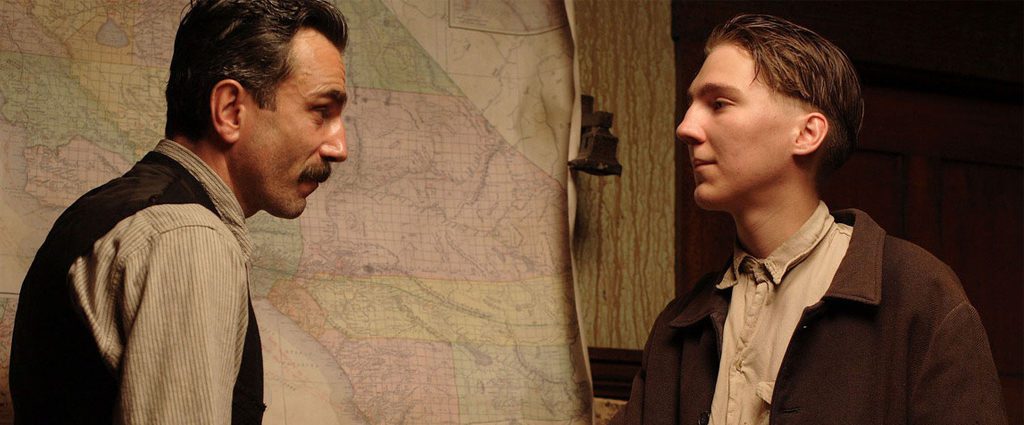
Photo Source: Vulture
15.) There Will Be Blood (Snub: Best Picture)
Beautiful. Chilling. Expertly directed and acted. There Will Be Blood is a 2007 Paul Thomas Anderson Film. That should be enough, right Academy? The Oscar-snubbed film gets high marks for a remarkable performance by human chameleon Daniel Day Lewis, who plays Daniel Plainview, a young man who becomes an incredibly powerful figure in the oil industry, and feeds off the weak to gain influence and notoriety. It is truly the Citizen Kane of oil baron movies. The film ended up losing its Best Picture gold to No Country for Old Men, a film that was strangely shot nearby in the same town of Marfa, Texas.
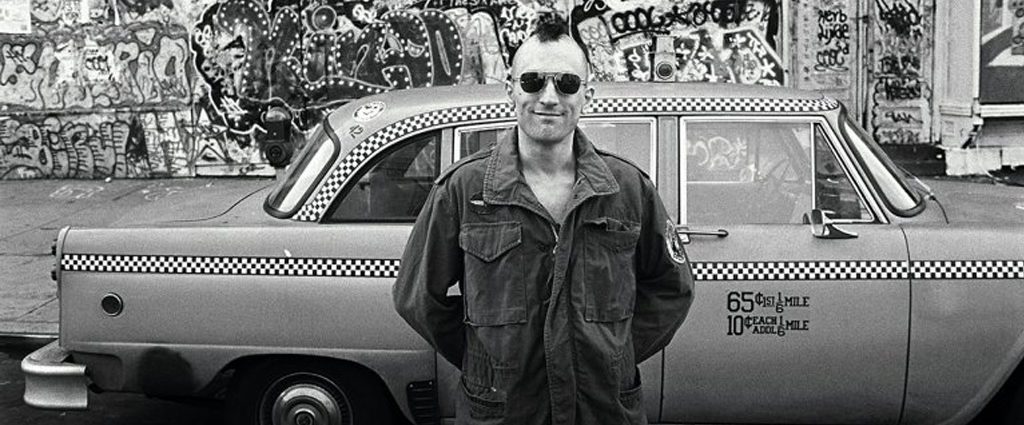
Photo Source: THR
16.) Taxi Driver (Snub: Best Picture)
Scorsese might be considered the greatest director living today, but his film, Taxi Driver, just didn’t pick up the Best Picture award at the Oscars (boos). Okay we know that’s a pun, but the point stands.
Starring Robert De Niro, Taxi Driver sits at #94 on IMDb’s Top Film list. It was also written by Paul Schrader, who wrote the aforementioned film Raging Bull. De Niro plays Travis Bickle, a military veteran working nights as a taxi driver in New York City. We won’t spoil the plot here, but Travis becomes driven to pursue missions to better the world through his actions, and as he tumbles down the rabbit hole of insanity, so do we, and we’re all the better for it.
Taxi Driver ultimately lost its fare (boos) to Rocky, a great film also featuring a character with a mohawk, but simply not on the same level.
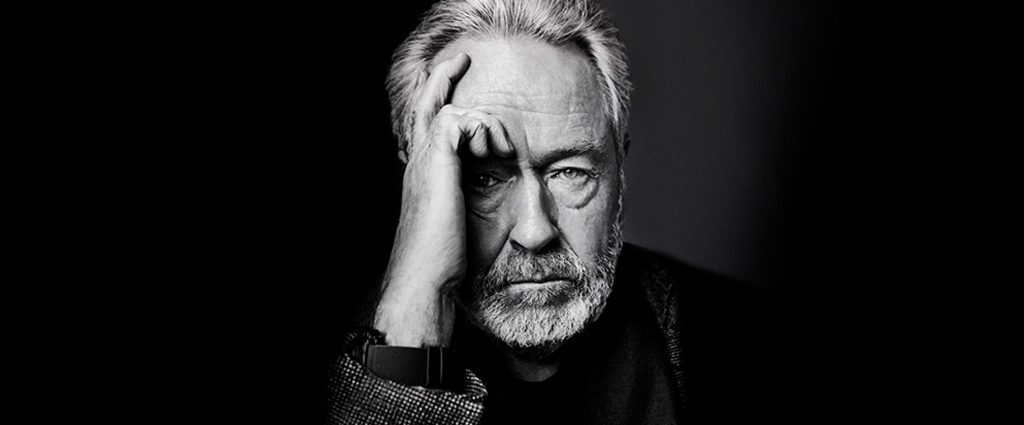
Photo Source: The Talks
17.) Ridley Scott (Snub: Best Director)
German-born Ridley Scott has created some of the most beautiful films in history, vast in scope, and dizzying in creative complexity. His 1979 film, Alien, is still just as terrifying to watch as when it first latched into audience’s across the galaxy like a hungry face-hugger. After making a mark on both the horror and science fiction genres simultaneously, he slammed an innovative home run in Bladerunner, his adaptation of the Philip K. Dick story, Do Androids Dream of Electric Sheep. The futuristic and lived-in cityscapes have influenced countless films in the decades since its release.
Scott has jumped easily from genre to genre, helming the Russell Crowe classic, Gladiator, in 2000, and the brutal war film Black Hawk Down in 2001. With no end in sight, Scott continues to make films to this day, including The Martian, a science fiction film about a man trapped on mars that is somehow also hilarious.
You know what isn’t hilarious? Ridley Scott has never won a Best Director Oscar.
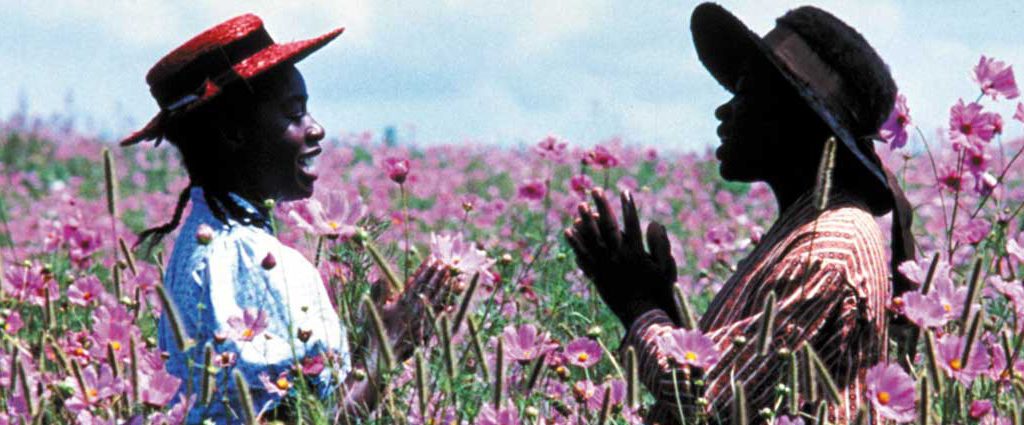
Photo Source: Movie Info
18.) The Color Purple (Snub: Everything)
What’s a film that was nominated for 11 Oscars and went home with none of them? The Color Purple. This Stephen Spielberg film was led to prominence thanks to honest performances from leads Whoopi Goldberg and Oprah Winfrey. Written by Menno Meyjes, the 1985 film is an adaptation of the Alice Walker novel by the same name.
With an intense story about a young woman living under the brutality of an abusive father over decades in the south, the film’s pitch-perfect casting and direction earned it acclaim from critics and audiences. Sadly, the film ended up leaving the star-studded night without any Oscars.
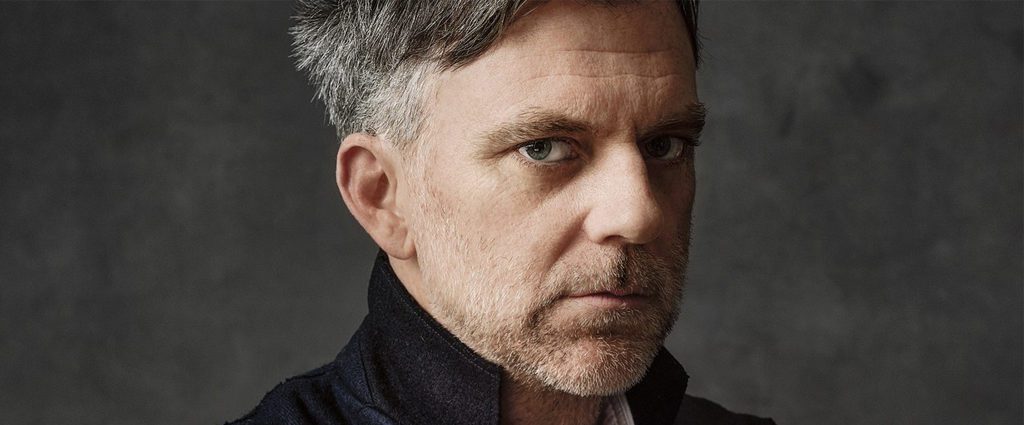
Photo Source: GQ
19.) Paul Thomas Anderson (Snub: Best Director)
We’ve talked a little about Paul Thomas Anderson on this list. So has the Academy. The veteran director has been nominated for a Best Director Oscar 8 times, and hasn’t yet won the gold statue. Born in 1970, Anderson got his start in 1988 with The Dirk Diggler Story. The rest is, shall we say, history.
Anderson directed the film, Boogie Nights in 1997 when he was only 27, and would continue on an artistic rampage, crafting films and the actors within them in such a way that it became part of his iconography. 2002’s Punch Drunk Love was another of his efforts, and elevated comedic actor Adam Sandler into the spotlight as a serious actor. There Will Be Blood marked another high oil-mark for the director, blending his faultless visual direction with transformative performances by Daniel Day Lewis and Paul Dano. In 2012, Anderson’s film, The Master left audiences transfixed by the peculiarities of Joaquin Pheonix and his efforts to understand the exploits of power-hungry cult-leader Lancaster Dodd, played by the late Phillip Seymour Hoffman. 2017’s The Phantom Thread served only to continue Anderson’s legacy of cinematic excellence.
And yet, Paul Thomas Anderson hasn’t won the Oscar for Best Director.
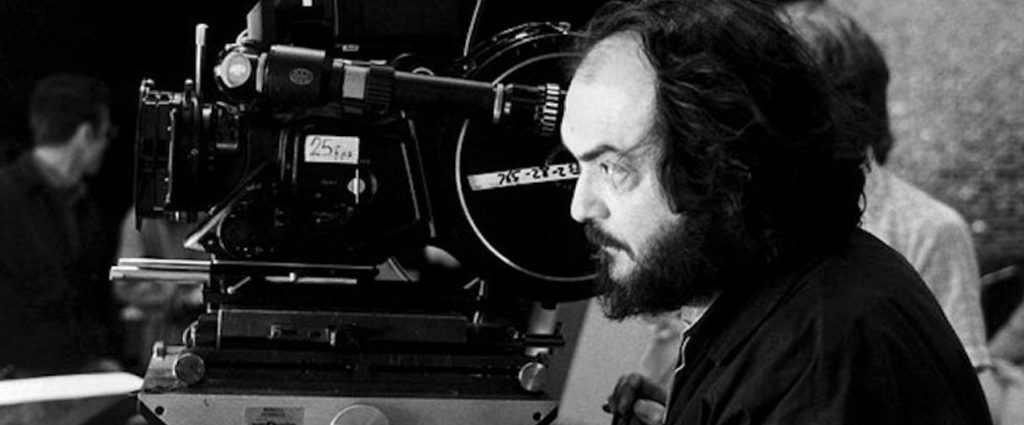
Photo Source: IndieWire
20.) Leonardo Di Caprio… Just kidding. Stanley Kubrick (Snub: Best Director)
Born in Manhattan in 1928, Stanley suffered from poor grades in school while growing up. Little did the world know, the young man would become one of the greatest and most influential directors in modern history.
Kubrick is known for long takes, beautiful vistas, and for doing almost anything to get the best performance out of his actors. He shook audiences across the world with 1960 historical epic, Spartacus, and somehow managed to create a comedy about nuclear war during the cold war with Dr. Strangelove. Kubrick sculpted cosmic perfection in his visionary masterpiece about space, the meaning of life and a giant iPad in 2001: A Space Odyssey, and ruined “Singing in the Rain,” for us in his film, A Clockwork Orange. He made a couple of films after that, too.
Stanley Kubrick went on to light our candles and powder our wigs in Barry Lynden, and adapted a Stephen King short story for the screen. That film? The Shining. No big deal, just one of the best-acted and shot films ever made, and considered one of the greatest horror films of all-time. Red-Rum! To cap off his filmography, Kubrick directed the haunting Vietnam film Full Metal Jacket and the Tom Cruise and Nicole Kidman film, Eyes Wide Shut in 1999. You know who seemingly closed their eyes during Stanley Kubrick’s career?
The Academy.
So there you have it. Our top picks for 20 unbelievable Oscar Snubs of all time. DISCLAIMER: The opinions are made by our content team. We feel most would agree with us.
Fun Facts About The Oscars
If you haven’t been able to tell, we at The Los Angeles Film School are pretty excited about the Academy Awards.
Here are a few interesting, lesser-known facts about the biggest night in Show Business:
1.) There are nearly 6,000 voting members in The Academy.
2.) Results are calculated exactly 1 week before Award night .
3.) Seat fillers are used to ensure that the theater always look full. They can make up to $125/hour.
4.) At the Oscar Reception, guests will consume 1,000 lobsters and 1,200 bottles of champagne.
5.) The first Academy Awards was in 1929. It lasted 15 minutes and was not filmed.
